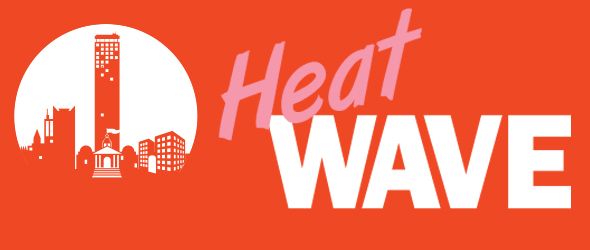Heat Safety

Florida Summers are hot, and it's easy to forget how to stay safe in this climate. With the help of the National Weather Service, we've put together some key safety tips to protect you from a heat wave and the summer sun.
How to Cope with a Heat Wave:
Stay informed when a heat wave is in your area. Important information may be relayed though the radio, social media, or the web. However, there are a few ways you should respond to every heat wave
- Reschedule strenuous activities until the coolest time of the day. Children, seniors, and anyone with health problems should stay in the coolest available place, not necessarily indoors
- Wear lightweight, loose lifting, light-colored clothing to reflect heat and sunlight
- Eat light, cool, easy-to-digest foods such as fruit or salads
- Drink plenty of water (not very cold)
- Minimize direct exposure to the sun
- For more heat health tips, go to the Centers for Disease Control and Prevention
Heat and Health Dangers:
When the temperature rises, your body has to fight to harder than usual. When the body expends too much energy to regulate temperature you could suffer one of many health related illnesses. It's important to know what your body is feeling and how to avoid a potentially dangerous situation.
- Sunburn:
In both direct and indirect sunlight it's possible to get burnt. Sunburns can be painful and can even lead to life-threatening problems like skin cancer. Hats, sunglasses, and sunscreen can prevent damage to your body in direct sunlight. The American Academy of Dermatology recommends using a broad-spectrum sunscreen with an SPF of 30 or greater.
- Heat Cramps:
Heat cramps may be the first sign of heat related illness, and may lead to heat exhaustion or stroke. Symptoms include painful muscle cramps or spasms in the legs or abdomen and heavy sweating. Applying firm pressure to cramping muscles can relieve spasms, and drink small sips of water can prevent further aggravation. If you are suffering from nausea, however, stop drinking water and get inside as soon as you can.
- Heat Exhaustion:
If you are suffering from sudden weakness, paleness, and nausea, you may be suffering from heat exhaustion. Immediately move to a cooler location, lie down, drink small sips of water, and apply a wet cloth to your skin. If you have vomited, and vomiting continues, seek medical attention immediately.
- Heat Stroke:
Heat stroke is a deadly condition. Sufferers will have high body temperatures, dry, red skin, and possibly fall unconscious. If someone you know is suffering from a heat stroke call 911 immediately. Get the person to a cooler environment and reduce their temperature with wet cloths, but DO NOT give them any fluids.
Heat Wave Preparedness Videos & Information